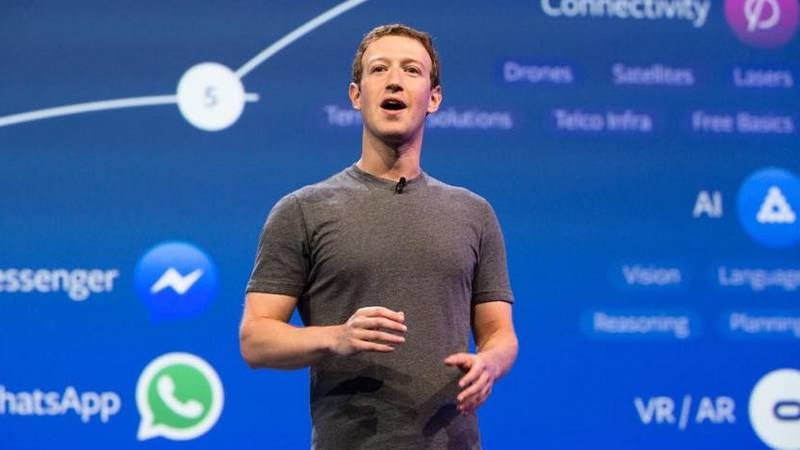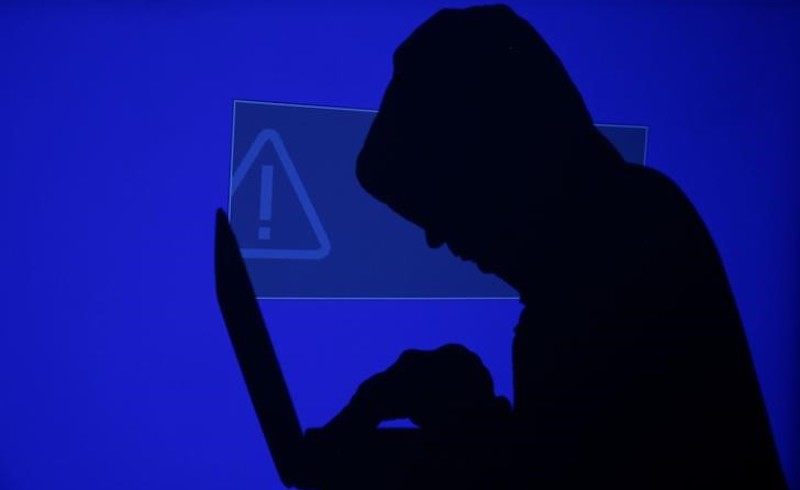

Facebook chief executive Mark Zuckerberg is set to field tough questions on Tuesday from European policymakers who are investigating the social network’s recent privacy mishaps – and they could seek to make an example out of the company as the region’s new data-protection rules come into effect.
The meeting in Brussels with leaders of the European Parliament marks the latest round of intense scrutiny for Zuckerberg in response to the tech giant’s entanglement with Cambridge Analytica, a political consultancy that improperly accessed 87 million Facebook users’ names, “likes” and other personal information.
During the meeting, which will be streamed online, European lawmakers are expected to press Zuckerberg to detail the data that Facebook collects about its users and the ways that information, once in the hands of Cambridge Analytica or others, might have been used to sow social unrest or influence political outcomes – including a British vote in 2016 to leave the European Union.
Zuckerberg is expected to apologise, much as he did during his testimony in the US Congress in April. “Whether it’s fake news, foreign interference in elections or developers misusing people’s information, we didn’t take a broad enough view of our responsibilities. That was a mistake, and I’m sorry,” he plans to say, according to prepared remarks.
Yet Zuckerberg’s face-off with Parliament comes three days before the region is set to start enforcing new privacy rules, called the General Data Protection Regulation, or GDPR. In effect, the law requires companies to provide more information to consumers about the data they collect and offer consumers greater ability to opt-out of that collection – or face stiff penalties if they fail to meet the mark. Experts anticipate that members of the European Parliament might use the opportunity to brandish their soon-to-be new powers.
“With the Facebook hearing, the Parliament is sending a clear message that enforcement of the new European data protection law will be a top priority,” said Marc Rotenberg, the executive director of the Electronic Privacy Information Center, a Washington, DC-based group that has advocated for investigations into the company’s privacy practices.
Historically, the EU has been much tougher than the United States when it comes to policing Facebook and its Silicon Valley peers. Over the past year alone, European authorities have fined Google for threatening competitors and penalised Apple for its tax practices. And the EU issued a $122 million (roughly Rs. ) fine against Facebook for misleading regulators over the way it handled data after acquiring the messaging service WhatsApp.
In contrast, the United States doesn’t have an overarching, federal commercial privacy law. And twin hearings before the US Congress in April, where lawmakers grilled Zuckerberg about Cambridge Analytica, received ridicule from some experts who felt that policymakers weren’t well prepared.
In Brussels, the leader of European Parliament, Antonio Tajani, initially had hoped to hold a meeting with Zuckerberg at a private gathering of the body’s Conference of Presidents, which includes the chiefs of the legislature’s political groups. But some members of Parliament revolted last week, prompting Tajani to announce Monday that it would be streamed online. Some members of the body then urged participating members of Parliament to take a tough tack with Zuckerberg.
“We don’t want a show,” tweeted Josef Weidenholzer, a member of the Social Democratic Party of Austria, “we need scrutiny by competent [members],”
In his opening remarks, Zuckerberg plans to point out Facebook’s existing work in the region, including its corporate footprint in Ireland, where it has its European headquarters, and Paris, where ts artificial intelligence lab is based. He is also expected to note that Facebook’s services are popular there, including its Safety Check tool, which allowed people in Berlin, Paris and London to inform friends and family that they were safe after terrorists targeted those cities, according to prepared testimony.
“I believe deeply in what we’re doing,” he plans to say. “And when we address these challenges, I know we’ll look back and view helping people connect and giving more people a voice as a positive force here in Europe and around the world.”
[“Source-gadgets.ndtv”]





